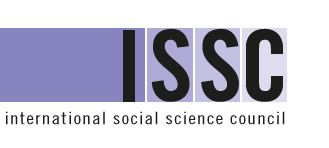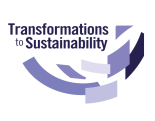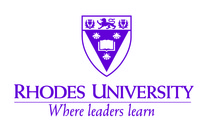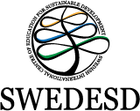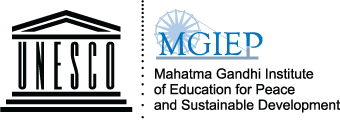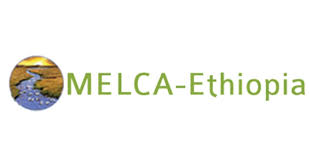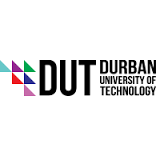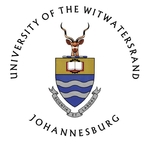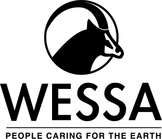Transgressive Social Learning for Social-Ecological Sustainability in Times of Climate Change (T-Learning)
Contemporary educational research shows that learning can lead human development and societal transformations. The need for more radical forms of learning-centred transformation is increasingly recognised in the social-ecological sciences (SES). For example, the Intergovernmental Panel on Climate Change (2014) reports that there is a strong need for learning-centred approaches to climate change adaptation. Yet these approaches to learning remain under-developed and under theorised in the SES and limited research has been done on this type of learning, or on how such learning emerges or can be expanded and upscaled to strengthen agency for sustainability transformations at multi-levels. Working with civil society, youth, academic, government and community partners across nine countries in diverse areas that are vulnerable to arising impacts at the climate-energy-food-water security and social justice nexus we aim to 1) initiate, 2) frame and 3) investigate expansive, transgressive approaches to learning. The programme will identify ‘germ cell’ activities for T-learning and examine how T-learning can initiate and expand sustainability transformations in selected community sites in Africa, Asia, Latin America and Europe. Cross case knowledge exchange will allow for development of theory and methodology, especially transgressive learning theory, and generative, interventionist, learning-centred research methodologies which are broadly characteristic of transdisciplinary research.
Seed Fund Grant Details
The material contained on this website constitutes preparatory work for development of a T-Learning Transformative Knowledge Network, and was supported by a seed grant from the ISSC under the Transformations to Sustainability Programme. The Programme is funded by the Swedish International Development Cooperation Agency (Sida) and serves as a contribution to Future Earth. Supplementary support for seed grants is provided by the Swedish Secretariat for Environmental Earth System Sciences (SSEESS), the Netherlands Organisation for Scientific Research (NWO), the Economic and Social Research Council (ESRC) UK through the Newton Fund and the National Research Foundation of South Africa. This seed grant was supported by the Swedish Secretariat for Environmental Earth System Sciences (SSEESS).
Disclaimer: The opinions, findings and conclusions or recommendations expressed in the material on this website are those of the author(s) and do not necessarily reflect the views of the ISSC, Sida, other sponsors of the Transformations Programme or Future Earth.
Disclaimer: The opinions, findings and conclusions or recommendations expressed in the material on this website are those of the author(s) and do not necessarily reflect the views of the ISSC, Sida, other sponsors of the Transformations Programme or Future Earth.
